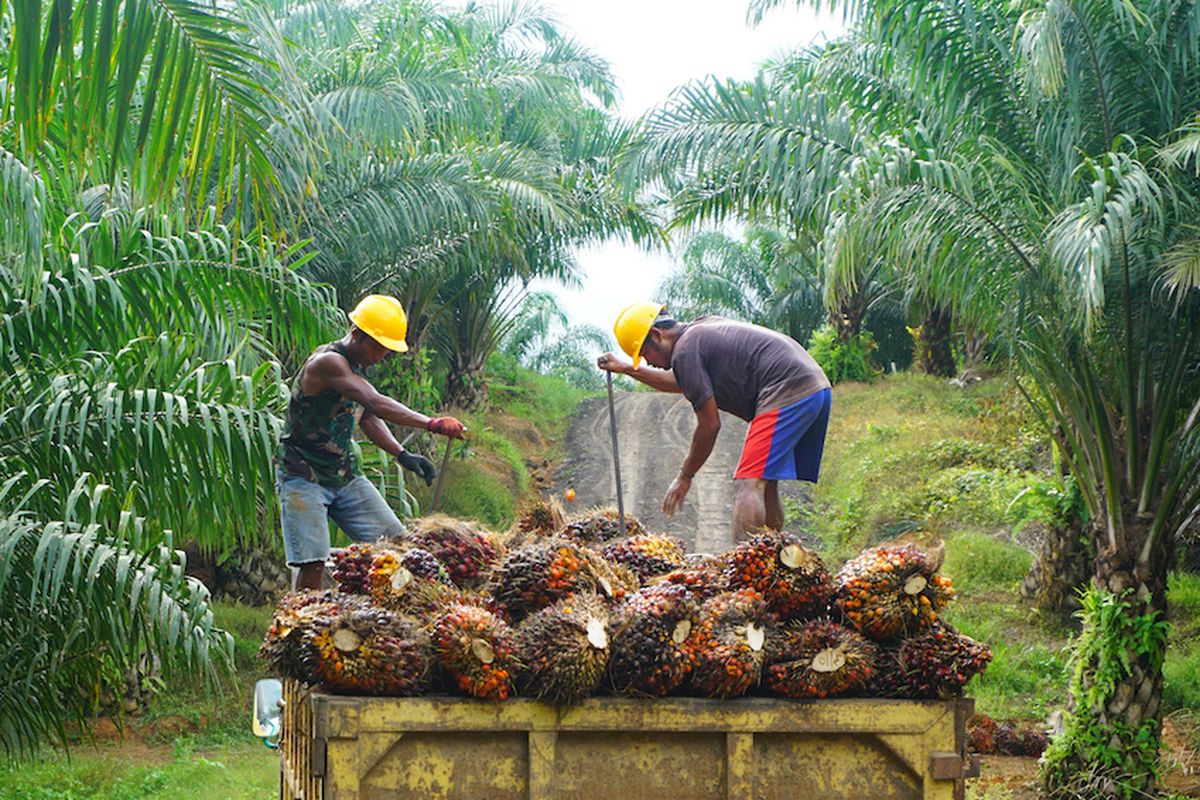The Indonesian palm oil industry faces critical challenges, with 71% of palm farmers still not engaged in formal partnerships, according to the Indonesian Palm Oil Association (GAPKI). Despite government mandates, smallholders resist due to cultural, financial, and managerial barriers. This issue has led to inefficiencies in supply chain sustainability and economic productivity.
Muhammad Iqbal, head of GAPKI’s Palm Oil Rejuvenation division, emphasized that partnerships are essential for ensuring efficient plantation management and structured supply chains. However, smallholder farmers often prefer independence, citing flexibility and historical family traditions as reasons to avoid formal agreements.
"Self-managed farmers feel more comfortable operating independently, valuing freedom over partnerships," said Iqbal during the FGD Sustainable Palm Oil forum. Financial constraints compound the problem, as banks require guarantees from corporate partners to approve loans. These agreements often obligate companies to manage the land until loans are repaid, which deters many farmers.
In parallel, discussions are accelerating for establishing a dedicated Palm Oil Authority. Rino Afrino, Secretary-General of the Indonesian Palm Oil Farmers Association (APKASINDO), revealed ongoing technical talks with government ministries to push this proposal to President Prabowo Subianto.
Rino argued that a centralized body could significantly increase state revenues, potentially doubling or tripling current contributions from the palm oil sector. This is achievable through better data validation and improved management, addressing long-standing inefficiencies.
“Such an agency can streamline the chaotic regulatory environment, ensuring direct presidential oversight and eliminating outdated policies,” added forestry law expert Sadino. Beyond addressing complaints, this body aims to unlock the industry’s full potential, driving significant contributions to the national economy.
While these initiatives hold promise, their success hinges on overcoming resistance and implementing well-coordinated policies to balance farmer independence with economic growth.
WARTAEKONOMI
Read More






 Wednesday, 04-02-26
Wednesday, 04-02-26







